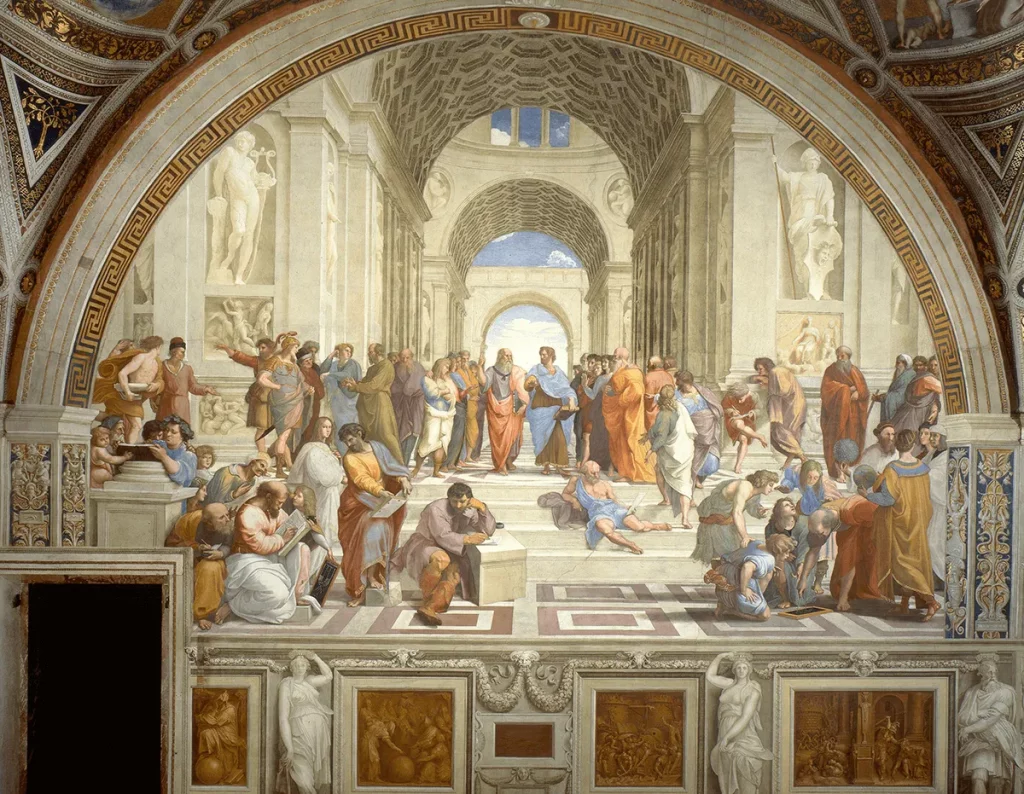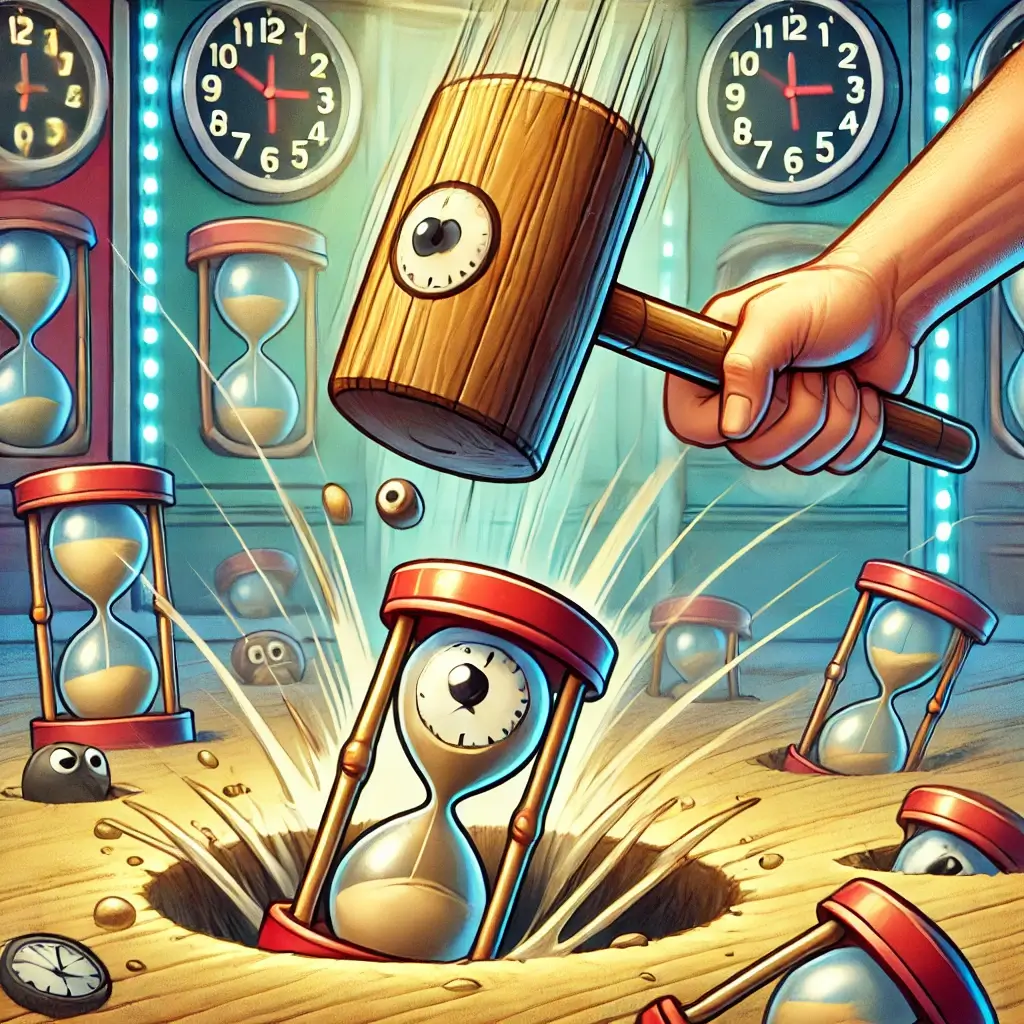
The Fastest Memory Method

The evolution of mnemonics:
from Ancient Greece to the digital era
The mnemonic method, a technique for enhancing memory through association, originates in ancient Greece, pioneered by poet Simonides of Ceos. Legend tells Simonides survived the collapse of a banquet hall and identified the victims by mentally reconstructing the positions of those sitting around him. This led to the discovery of the method of loci – a mnemonic technique that uses familiar locations to create visual associations with new information. This method became foundational in memory training and continues to be a valuable tool today.
At Bridgely, we enhance this ancient method with cutting-edge AI, delivering the benefits of mnemonics without the hustle to create them yourself. When you encounter a new concept, MemGenTM identifies relevant knowledge you already possess and crafts a highly memorable image to connect the two. This visual association between new and familiar information makes recall effortless. By engaging multiple areas of the brain – your logical, language-focused left side and your creative right side – Bridgely optimizes memory retention, turning your brain into a powerful learning machine.
Read more on our blog [+]
It’s time to learn a new language
Learn the word for Time in four different languages in no time 😉
Italian
The Italian word for time is Tempo.
Which sounds like Temple (the Bridge word).
Imagine the sands of time falling on the roof of a temple and 😉 voilà: Tempo!


Amharic
The Amharic word for time is Geezay.
Which sounds like Geese (the Bridge word).
Imagine cartoon geese wanting to know the time and 😉 voilà: Geezay!
Swahili
The Swahili word for time is Wakati.
Which sounds like Whack (the Bridge word).
Imagine playing the game “whack a mole” but smashing an hourglass instead and 😉 voilà: Wakati!


German
The German word for time is Zeit.
Which sounds like Sight (the Bridge word).
Imagine having eyes made of clocks and when you want to know the time you use your sight and 😉 voilà: Zeit!
Frequently asked questions (FAQs)
How do mnemonics work in our brain?
Mnemonic devices engage multiple areas of our brain simultaneously by triggering cognitive and memory processes at once. This activation strengthens neural connections, significantly improving our ability to retain and recall information.
How should I use Bridgely’s learning materials?
Bridgely’s tools combine visual mnemonics with spaced repetition, maximizing the knowledge you can absorb in a limited amount of time. Explore our range of products and select the one best suited to your learning goals. [+]
How quickly can Bridgely enhance learning?
Rigorous research has shown that Bridgely accelerates learning speed substantially. Our studies reveal that participants experienced 6 times better recall using Bridgely compared to other visual methods.
Can Bridgely support continuous learning?
Absolutely! Bridgely’s content is continuously updated to keep your learning journey fresh and relevant. Join our newsletter to learn our latest offerings and updates:
